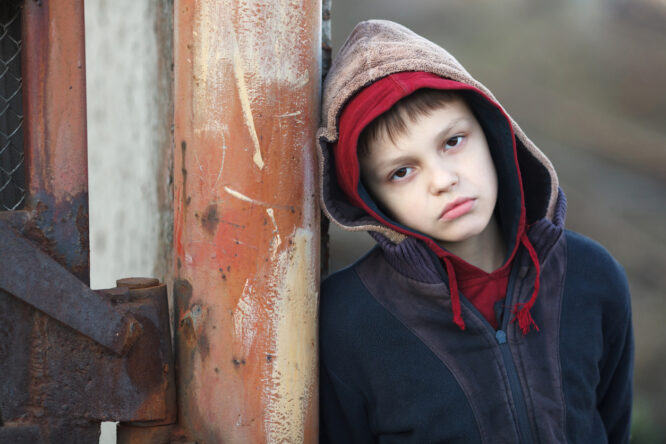When your child starts snapping back, rolling their eyes, or talking like they’ve forgotten all their manners, it’s easy to take it personally.
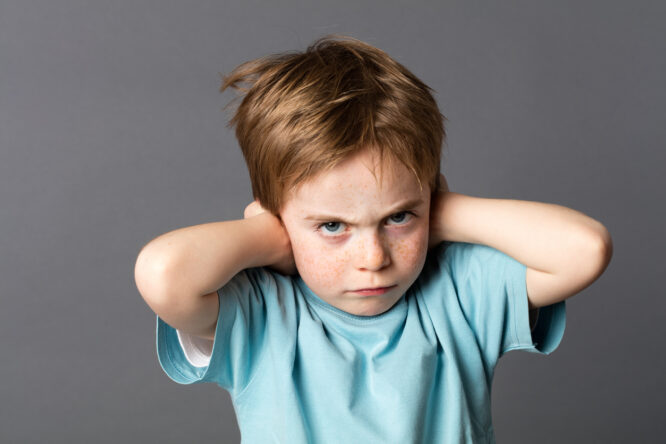
It can feel like they’re deliberately being rude or pushing boundaries just to wind you up. Of course, many times, what looks like disrespect isn’t actually about you—it’s about something deeper going on under the surface. Kids aren’t always great at expressing frustration, fear, or even tiredness in socially acceptable ways.
Before you label your child as rude or badly behaved, it’s worth asking what else might be driving the behaviour. Sometimes it’s emotional overload; sometimes it’s confusion; and other times, it’s a direct mirror of what they’re seeing around them. Here are some things that could be hiding behind that seemingly disrespectful attitude.
1. They’re feeling completely overwhelmed.
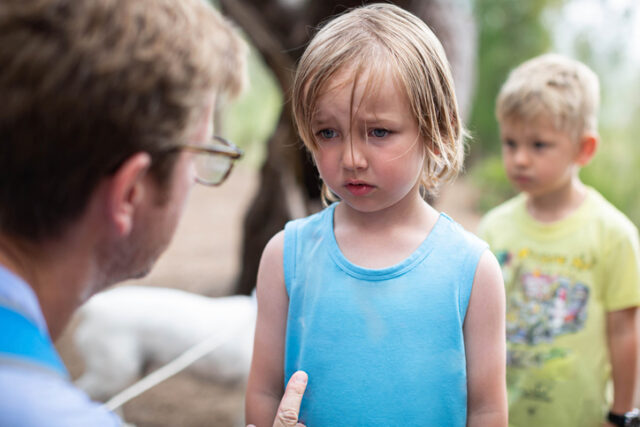
Kids can only hold it together for so long before their emotions start spilling out sideways. When they’re dealing with stress at school, friendship dramas, or a change in routine, it can show up as snappy comebacks or sudden outbursts at home. It’s not that they’re trying to be rude—they’re just full to the brim and don’t know how to say, “I’m struggling.”
They might not even realise they’re doing it. What sounds like attitude could actually be anxiety, sadness, or sensory overload in disguise. The key is to look beyond the tone and ask what’s underneath it.
2. They’re copying what they’ve seen.
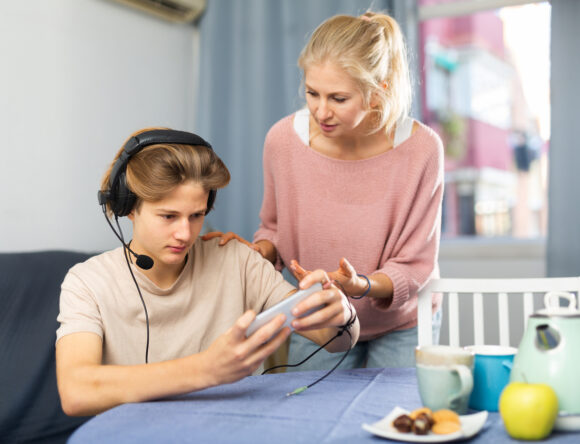
Kids are excellent mimics. If they’re hearing sarcasm, shouting, or put-downs in their environment—whether from parents, older siblings, TV shows, or even schoolmates—they’re going to copy that tone. It’s not always about what you tell them to do, but what they see you do that sticks.
Sometimes, what feels like rudeness is just them echoing the way they’ve heard people speak during conflict or frustration. The good news? If they can pick up bad habits, they can also pick up more respectful ones when they see them modelled consistently.
3. They’re tired, hungry, or out of routine.

It sounds simple, but a tired or hungry child is usually a grumpy child. If their basic needs aren’t being met, they’ll often have less patience, lower tolerance, and fewer emotional resources to manage their tone. That’s when “Can I have a snack?” turns into “Why don’t we have anything decent to eat in this house?”
They’re not trying to be dramatic—they’re just running low. Before assuming it’s all attitude, it’s worth checking if they’ve eaten, slept well, or had a long day. You’d probably snap too if you were running on empty.
4. They don’t feel heard.
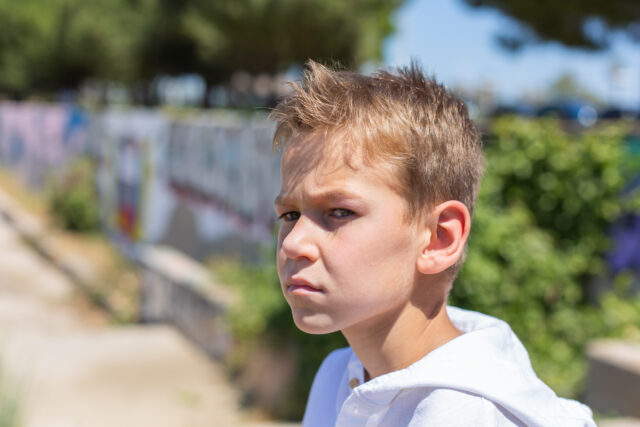
When kids feel like no one’s listening, they tend to raise their voices—not just in volume, but in intensity. That can come out as talking back, interrupting, or getting rude when they’re trying to make a point. It’s not always about disrespect; it might be desperation to be heard.
If they’ve tried the polite route and feel ignored, they’ll eventually turn to whatever gets a reaction. Even if the reaction is negative, at least it feels like something landed. That’s when it helps to stop and show you’re really listening before the frustration explodes.
5. They’re learning how far they can push things.

Testing boundaries is part of growing up. It’s how kids figure out what’s okay and what isn’t. That includes experimenting with cheeky comments, sarcasm, and pushing your buttons to see what happens. It’s not always rebellion—it’s often curiosity wrapped in a bad attitude.
This is where consistency matters. If the rules change depending on your mood, they’ll keep testing. If they know where the line is, and what happens when they cross it—they’re less likely to act out just to get a response.
6. They don’t know how to express hard or intense feelings.
 Source: Unsplash
Source: Unsplash It’s hard enough for adults to name their feelings, let alone kids. When a child feels embarrassed, left out, jealous, or sad, they might not say it out loud—they might act it out instead. That can look like rolling their eyes, making rude jokes, or snapping at their siblings for no reason.
Rather than punishing the behaviour straight away, try asking, “What’s really going on here?” Giving them space to explore the feeling underneath the behaviour often helps things settle more quickly than a lecture ever would.
7. They feel powerless.

When kids feel like they have no control—whether at school, in their friendships, or even at home—they often try to take some of that power back through attitude. It’s a defence mechanism. They might act defiant or rude because they’re sick of being told what to do all the time. Offering small choices (even if it’s just what to wear or what time to do homework) can go a long way. Feeling like they have some say in their own life reduces the need to fight back with sass or disrespect.
8. They’re going through a growth spurt.

Growth spurts don’t just mess with appetite and sleep—they can also affect mood and patience. When a child is physically uncomfortable or adjusting to hormonal changes, it can make them more irritable or emotionally volatile. Suddenly, everything feels more intense. What you see as rudeness might just be their body and brain going through a phase that they can’t fully explain. Sometimes what they need most is a little extra patience, not another consequence.
9. They’re picking up on your mood.
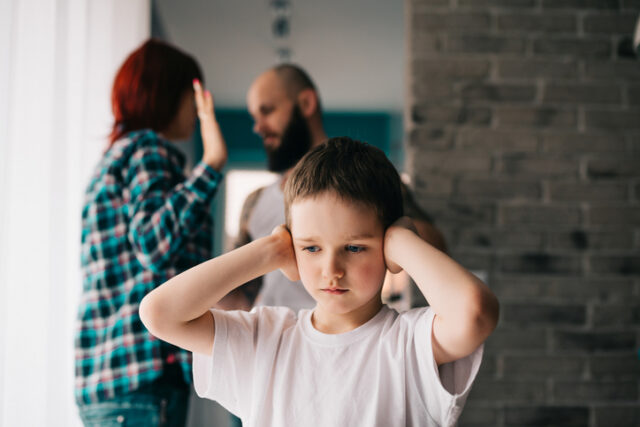
Kids are incredibly tuned into the adults around them. If you’re stressed, distracted, or snappy, chances are they’ve picked up on it, and might be reflecting that back without even realising. They mirror more than we think, especially in emotional tone. That doesn’t mean everything is your fault, but it does mean your energy matters. When things feel tense at home, it’s worth checking whether their “attitude” is actually a response to your own emotional state.
10. They’re craving connection, even if they’re going about it all wrong.
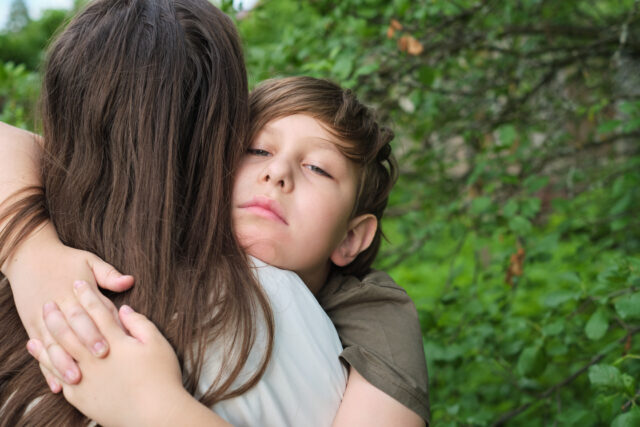
Some kids would rather get a negative reaction than feel ignored. If they’re feeling disconnected, they might act out just to get your attention. That might mean being annoying, sarcastic, or cheeky—anything that gets a response. It’s not ideal, but it’s their way of reaching out. Making time for one-on-one connection, even just 10 minutes of your full attention, can do more to change rude behaviour than any consequence chart ever could.
11. They’re copying how their friends talk.

As kids get older, their peer group starts to shape how they behave. If they’re around kids who speak with disrespect or use sarcasm like punctuation, they’re probably going to try it out too. It’s part of testing identity and fitting in.
The trick is to keep the conversation open without jumping to judgement. Instead of saying, “Don’t talk like that,” try, “Where’d you learn to say it that way?” You might find they’re not even sure why they’re doing it—it just felt normal in the moment.
12. They’re stuck in a pattern you haven’t noticed yet.

Sometimes kids fall into bad habits without anyone realising. If they’ve been rude, and it hasn’t been called out, or if it’s been rewarded with attention, they’re likely to keep doing it. Not because they’re malicious, but because they’re creatures of habit just like us. A calm reset can work wonders. Let them know what you’ve noticed, set a new tone, and then hold steady. It might take a few tries, but if the pattern isn’t getting them what they want anymore, they’ll start to change.
13. They’re not sure where the line is anymore.

In some homes, sarcasm and banter are the norm. In others, they’re not welcome. If your child is growing up (or grew up) in an environment with mixed signals, they might genuinely be confused about what counts as rude and what’s “just a joke.” Clear, calm boundaries help. Instead of saying, “Stop being rude,” try, “That way of talking doesn’t work in this house—here’s how we do it instead.” When kids know where the line is, they’re less likely to keep accidentally crossing it.
14. They’re tired of being corrected all the time.
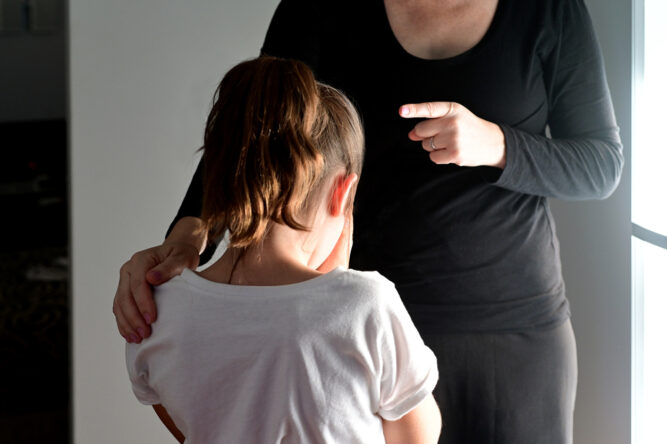
If every conversation with an adult includes a correction, a reminder, or a comment about what they’re doing wrong, kids eventually stop listening, or they start pushing back. It’s hard to feel respected when you’re always being told you’re falling short. Mixing in praise and humour with the guidance makes a big difference. When kids feel like you notice their efforts, not just their slip-ups, they’re more open to hearing you out when something actually does need correcting.
15. They don’t realise how they sound.

Especially in the tween and teen years, kids are still figuring out tone. What sounds disrespectful to an adult might sound totally normal to them. They might genuinely think they’re just “talking” when it actually sounds like a full-blown attitude problem. Sometimes it helps to gently reflect it back—“When you say it like that, it sounds harsh. Try it again?” Eventually, they’ll start to tune into tone more consciously and learn how to soften it without being told every time.
16. They’re dealing with something deeper.

Sometimes rudeness is just the tip of the iceberg. If a child is struggling with anxiety, low self-esteem, bullying, or even depression, it often shows up as irritability or defiance. It’s not because they’re trying to be difficult—they’re hurting and don’t know how to show it.
If the behaviour feels constant or extreme, it might be worth checking in with a teacher, counsellor, or therapist to get a fuller picture. Underneath the rudeness might be a kid who really needs support, but doesn’t know how to ask for it.

